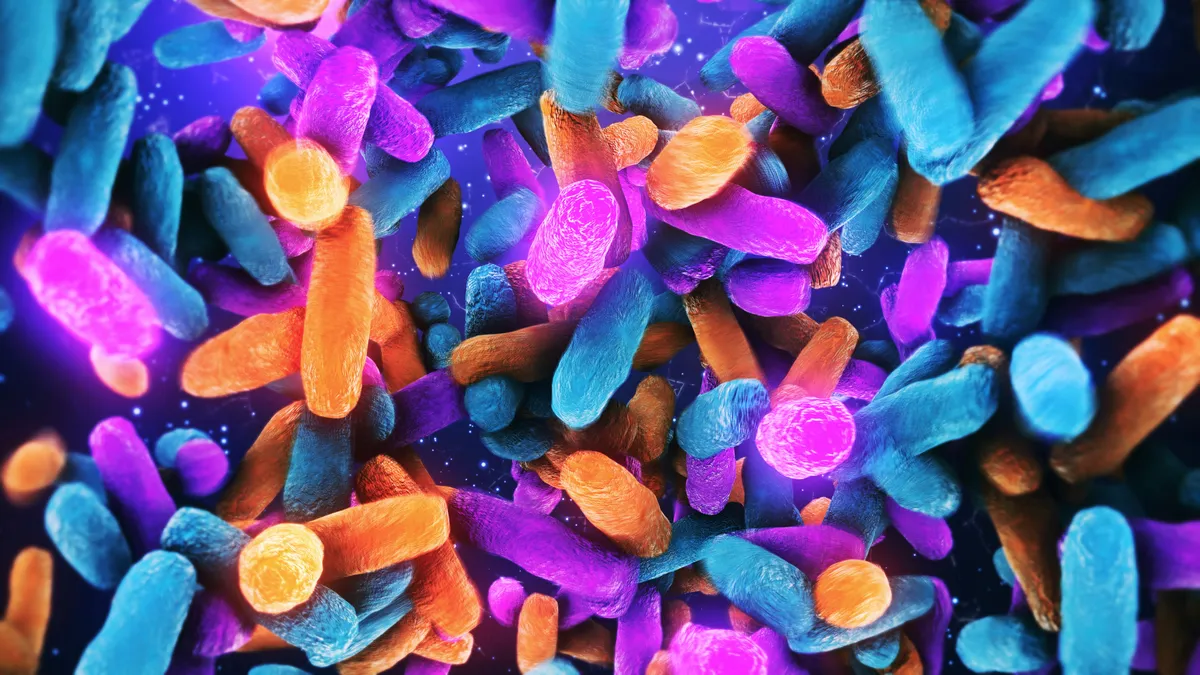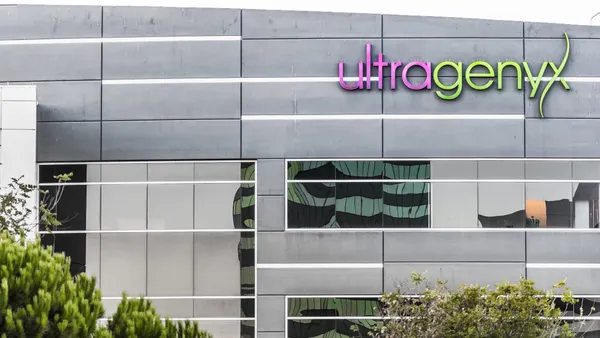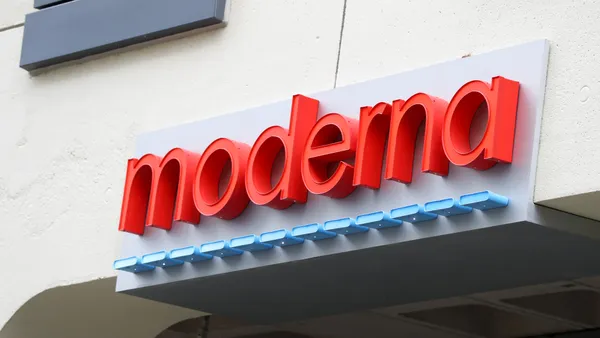Vedanta Biosciences, a startup working on microbiome drug research for more than a decade, will lay off nearly a fifth of its staff after one of its top prospects failed a clinical trial.
The privately held company said Wednesday that an experimental therapy called VE202 missed its main goal in a Phase 2 study in patients with a mild-to-moderate form of ulcerative colitis. While Vedanta didn’t provide specifics, it said that VE202 wasn’t significantly better than a placebo at improving signs of patients’ disease on an endoscopic exam after eight weeks of treatment.
In a post on LinkedIn, CEO and co-founder Bernat Olle also revealed Vedanta is cutting around 20% of its workforce. Moving forward, the company will focus resources on a drug in Phase 3 testing for a type of recurrent gut infection, and a second preclinical therapy designed to prevent infections from antibiotic-resistant bacteria.
“Drug development rarely follows a straight path,” Olle wrote on LinkedIn. “You can do the right science, run the right study, and still be humbled by the complexities of human biology.”
Formed by PureTech in 2010, Vedanta was one of the first startups to launch with plans to explore the relationship between the human microbiome — the trillions of microbes colonizing the human body — and disease. The company has raised more than $300 million since then, most recently a $106.5 million Series C round in 2023, and brought multiple medicines in testing that pack bacteria strains into a pill.
One of those medicines was VE202, a drug that Johnson & Johnson licensed in 2015. Vedanta has been developing it for inflammatory bowel disease, which has for years been a top target of microbiome drug research because of the role bacteria in the intestines are thought to play in driving the condition. Microbiome companies haven’t yet found success there, however. A drug from Seres Therapeutics, one of the field’s leaders, failed a mid-stage trial in 2021. Now Vedanta has reported a similar result.
“As a field, we have not yet succeeded in making meaningful impact in people with IBD through microbiome-based approaches,” wrote on LinkedIn. “But every study moves us closer to that goal,” he added, noting that the company is “committed to sharing further analyses” from the study at scientific meetings “to help chart new paths forward.”
“Cracking the code of microbiome intervention in IBD remains as challenging — and as inspiring — as it was a decade ago when it first captured our attention,” he said.
Vedanta will now focus on an area in which microbiome therapies have had more success. Seres in 2023 brought to market a drug known as Vowst, which is meant to prevent recurrent infections from a bacterium called Clostridioides difficile, or C. diff. Vedanta’s VE303 is also being developed for C. diff infections. But while Vowst is derived from the stool samples of human donors, VE303 is a defined consortium of eight specific strains produced from cell banks. Vedanta refers to this as a “next-generation approach” to microbiome therapy, bypassing the need for donor samples of “inconsistent composition.”
The company is currently enrolling patients in a Phase 3 study that began last year and has a primary completion date in 2027, according to a federal database. Vedanta plans to seek clearance to start human testing of its other therapy in the first half of next year.
PureTech said in a separate statement that its stake in Vedanta has been diluted to 4.2% in 2025.














